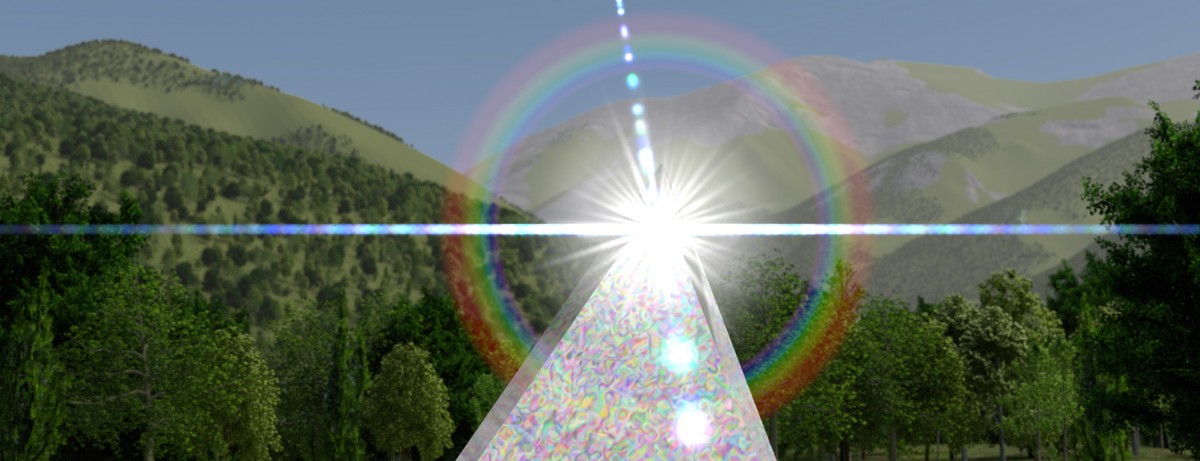I heard rave reviews from friends and family about the new Star Wars, for example, “The best Star Wars ever.” SW7 had quite a legacy to live up to, so it required the very best writing. (We can safely assume it had the very best special effects budget, so little worry about there.) I came away feeling “meh” about it.
SPOILER ALERT
I’m interested in digging into the literary aspects of movies, so I like to write about them as if having a conversation with someone else who just watched it.
SPOILER ALERT
Seriously, I’m about to spoil the movie. You have been warned.
The biggest single issue with SW7 was the Death Star story. SW4 told this story. Then Lucas got more money and created a full trilogy. SW6 gave us the Death Star story again. Now SW7 tells us the very same story yet again. Three times in seven movies! Lucas at least tried to tell us a different story in SW1-3. More precisely, they were additional chapters of the (more or less) same story. SW7 did not give us a new chapter, merely the old chapter with the characters reshuffled. This illustrates the problem of doing art as a business.
That covers plot. Little to say about setting. The dessert world (Tatooine in SW1-6) showed up again, though it was named something else. Most of what I have to say is about characters …
Darth Vader 2, aka Kylo Ren, aka Ben, the son of Han and Leia — This guy hasn’t finished his Dark Side training yet. Most significantly, no one has bothered to teach him how to use a light saber. He is so bad that Finn, a guy from the ranks of cannon fodder, a guy who has never seen a light sabe before like a day ago, is able to hold his own for almost a minute. Real sword fights between well-matched opponents only last a few seconds. The most interesting thing DV2 does is kill his own father, turning the Luke-Vader pattern on its head.
Finn — This guy must have the Force or something. He awakens from his clone conditioning and spontaneously turns to good. Then he is able to pick up a light sabre and do something reasonable with it. I liked him and his arc with Rey.
Rey — Potential for super-awesome heroine. Second case of someone mastering the Jedi arts in less than 24 hours. I kept expecting them to reveal that she is a Skywalker, like maybe the long-lost daughter of Han and Leia. There is some kind of back story about being separated from her true family, but they were vague and went by rather fast. I thought the Millennium Falcon parked in her back yard was a hint as well.
During the fight with DV2, when they zoomed in on her face while she was connecting with the Force, I sort of hoped the zoom back would show us something like the shadow world in Lord of the Rings. She would be glowing white like one of the elves, and Ben would be surrounded by a dark cloud.
Leia — Mom should have been the one to go confront DV2. She should be every bit as strong in the Force as Luke. In fact, she should be powerful enough to go confront Supreme Leader himself. Maybe something is coming in the sequels.
What would really be good is if Leia and Rey had a similar arc to Luke and Obiwan. It could even have included a scene where DV2 cuts down his mother, and then her ghost guides Rey. Equally interesting, Leia (not Luke!) teaches Rey the ways of the Force. In particular, it would be a more feminine version. Light sabers are boy toys. A woman might tap more into the mind powers, like sensing events at a distance and influencing the thoughts of others. If Leia fights, she should simply use telekinesis and Force lighting rather than a saber.
Regarding feminine use of the Force, I kept hoping that Rey would give DV2 a telepathic black eye. She does get him a little in the interrogation room. Later, when they are fighting with light sabers, she should simply not bother. Go straight to telepathy.
Maz Kanata — If Leia is Rey’s Obiwan, then Maz is her Yoda.
Supreme Leader Snoke — Looks like an Orc escaped the Lord of the Rings set and came over to work on Star Wars. There’s a rule-of-thumb in writing: if you want to turn a bad guy into a good guy, introduce a bigger bad guy. That’s what Lucas did in SW5 with the Emperor, beginning Darth Vader’s arc back to the Light Side.
This bad guy is really big, like 50 feet tall. He seemed to be there to turn DV2 back to the Light, but sadly DV2 kills his own father. Either the writers did it deliberately to trick us into hoping for DV2’s soul, or they don’t really know how to use the trope. (Third possibility: DV2 turns to the Light Side in a sequel. In that case, they introduce Snoke too soon.)
Luke Skywalker — Had the best lines in the whole movie.
Seriously, though, what are they doing to these characters? What’s this business about giving up in despair and letting the galactic empire go to hell, just because one padawan went bad? Seems like a rather strained premise.
Like this:
Like Loading...
